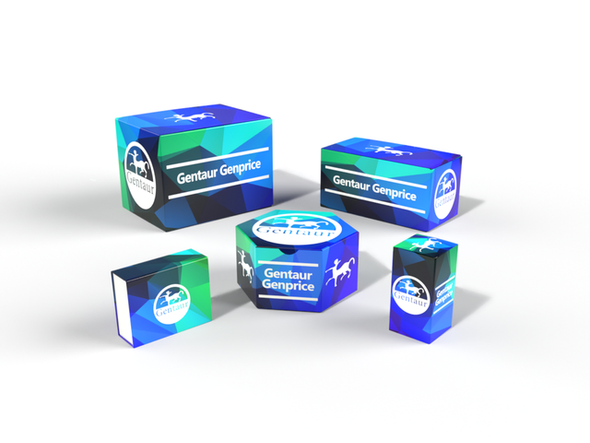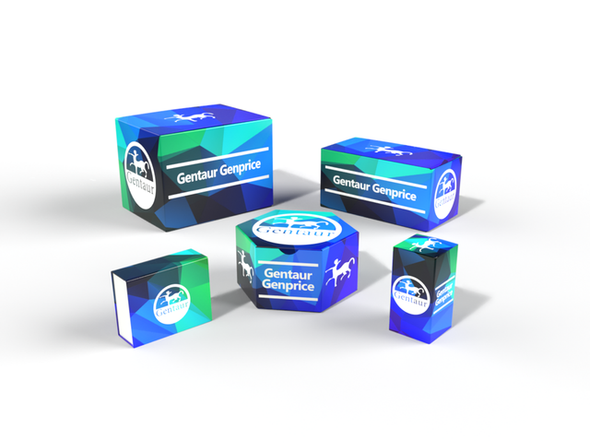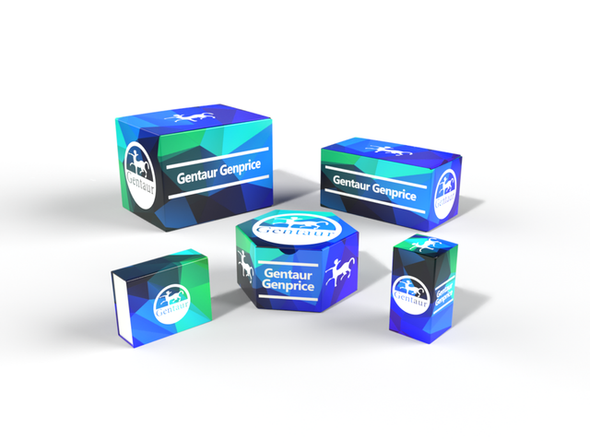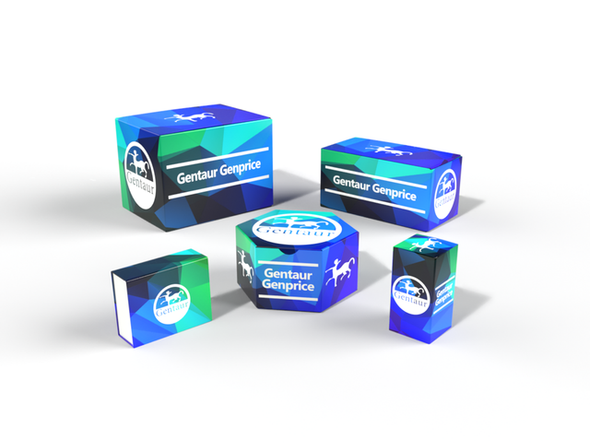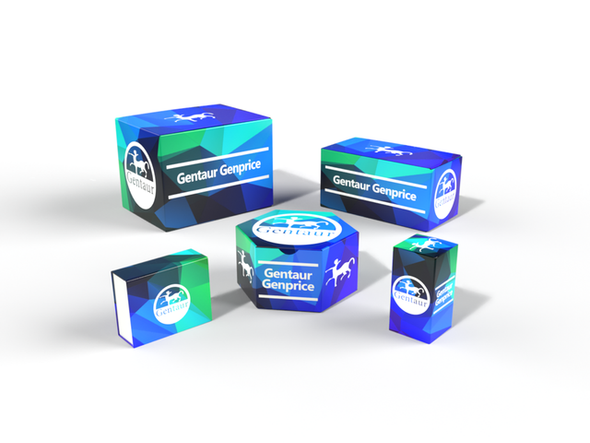451 Recombinant Proteins and Cell culture
LEA4-25 | Group 4-late embryogenesis abundant protein | AS13 2757
- SKU:
- 451-AS13 2757
- Availability:
- Usually ships in 5 working days
Description
LEA4-25 | Group 4-late embryogenesis abundant protein | AS13 2757 | Gentaur UK, US & Europe Distribution
Immunogen: Recombinant Phaseolus vulgaris PvLEA 4-1 sequence derived from Pv01G142000
Host: Rabbit
Conjugation: N/A
Clonality: Polyclonal
Isotype: N/A
Purity: Serum
Format: Lyophilized
Tested Application: Western blot (WB)
Related Products: AS13 2758 | Anti-LEA4-5 | Late embryogenesis abundant protein 4-5, rabbit antibodiesAS13 2756 | Anti-LEA6-3 | late embryogenesis abundant protein 6-3, rabbit antibodiesPlant protein extraction buffer
Recommended Dilutions: 1 : 2000 (WB)
Molecular weight: 16 | 18 kDa
Confirmed Reactivity: Phaseolus vulgaris
Predicted Reactivity: Glycine tomentosa Species of your interest not listed? Contact us
Not reactive in: Arabidopsis thaliana
Additional Information: The PvLEA4-1 protein from common bean presents a deduced molecular mass of 16 kDa; however, as other LEA and disordered proteins it migrates with an apparent higher molecular mass, possibly due to post-translational modifications
Background: LEA4-25 (Group 4-late embryogenesis abundant protein PvLEA4-25) belongs to a group of very hydrophilic proteins, described over 25 years ago as accumulating during late stages of plant seed development. Found in vegetative plant tissues following exposure to environmental stress. Synonymes: Putative late embryogenesis abundant protein LEA.
Reconstitution: For reconstitution add 50 µl of sterile water
Storage: Store lyophilized/reconstituted at -20°C; once reconstituted make aliquots to avoid repeated freeze-thaw cycles. Please remember to spin the tubes briefly prior to opening them to avoid any losses that might occur from material adhering to the cap or sides of the tube.
TAIR Nnumbre: N/A
Category: Drought stress
Research Area: Plant Biology


